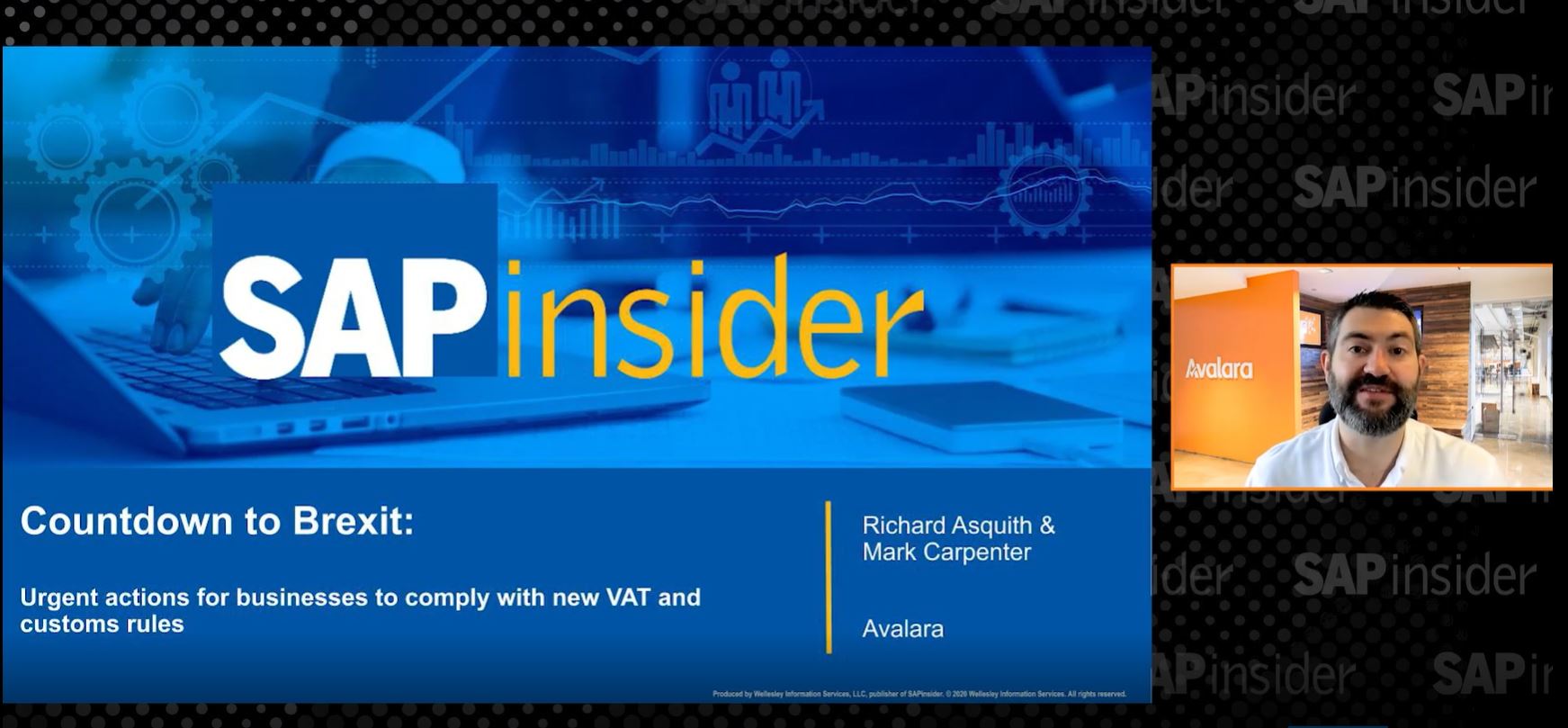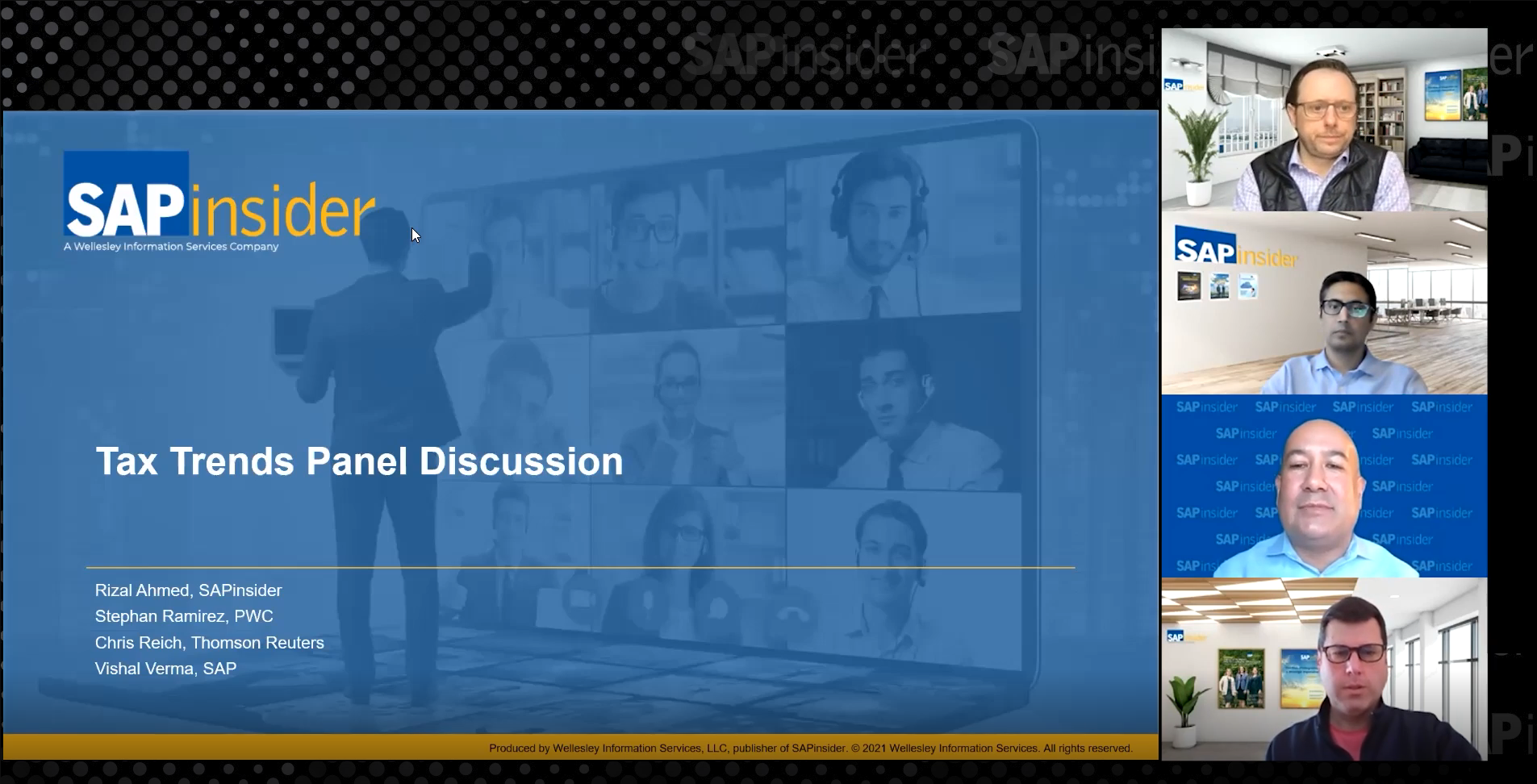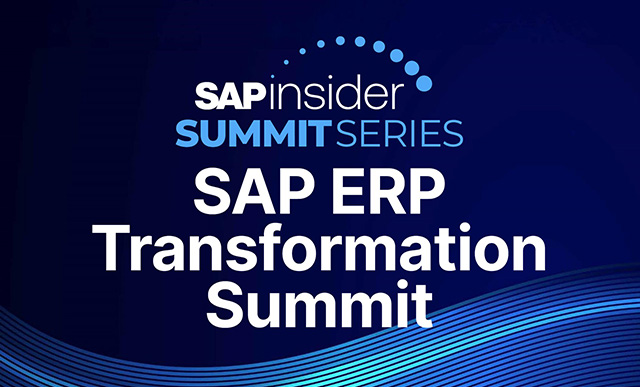Shared Services Centers for Indirect Tax | PUBLIC Reaping the Benefits of Shared Services Centers for Indirect Tax
Key Takeaways
⇨ SAP S/4HANA offers a centralized, tax-sensitized data foundation, reducing manual reconciliation and enhancing compliance with global and local tax mandates.
⇨ Implementing SAP solutions enables real-time visibility and system-driven controls for tax operations, ensuring accurate and timely compliance.
⇨ Centralizing tax compliance in Shared Service Centers with SAP technology streamlines processes, reduces costs, and supports scalable, standardized global operations.
The Need for a Modern Tax Compliance Framework in the Digital Era
The proliferation of indirect tax obligations in recent years has made it increasingly difficult for tax professionals to stay on top of compliance. In jurisdictions where transactions must be reported in real time (or close to it), having the right technology in place has become critical for organizations to avoid legal and
regulatory liability. This becomes the perfect opportunity for tax professionals to transform compliance operations into a perfect fit for shared service centers (SSCs).
Businesses must invest in new technologies to comply with increasingly complicated mandates. Many organizations take this opportunity to transfer their advanced tax function to SSCs. As centers of excellence, SSCs are able to centralize tax reporting with unprecedented levels of control and provide sophisticated tax data analysis. This frees up tax specialists to focus on value-adding activities. The additional services SSCs provide can create opportunities for bringing previously outsourced work back in-house. Once operational indirect taxes are transferred to SSCs, tax directors can redefine their roles to be more strategic. They can also take the chance to reshape processes and advise what taxation technologies to acquire as new tax management solutions for invoicing, tax determination, return generation, electronic submission, controls, and analytics
enter the market. This paper looks at the fast-changing landscape of indirect tax reporting and explains how
solutions for global tax management can facilitate the centralization and standardization of tax management. It discusses how SSCs, taking advantage of this technology, are providing labor-saving outsourcing services to today’s businesses to manage their global tax compliance. The proliferation of indirect tax obligations in recent years has made it increasingly difficult for tax professionals to stay on top of compliance. In jurisdictions where transactions must be reported in real time (or close to it), having the right
technology in place has become critical for organizations to avoid legal and regulatory liability. This becomes the perfect opportunity for tax professionals to transform compliance operations into a perfect fit for shared service centers (SSCs).
Explore related questions




